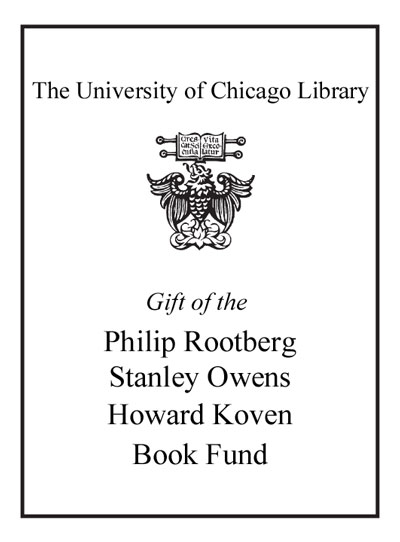Review by Choice Review
In a series of related essays, Auron (Open Univ. of Israel), an Israeli professor specializing in genocide, warfare, and the moral dilemmas and justifications involved, stresses the mutual sense of victimhood in interpretation and consequent memory of the Holocaust and the Nakba. Both Israeli Jews and Palestinian Arabs have developed and internalized these events as pivotal and fundamental causes in their own national identities and personal perceptions. Citing extensive evidence largely from Israeli documentary and secondary sources and including his own analyses of these, the author suggests that the Nakba was not genocide (deliberate killing of a specific people), as some have argued, but was more like ethnic cleansing (forced migration), as some have rejected. He urges the necessity to escape the blind spot of victimhood to recognize the suffering of the other. There is no possibility for compromise and for peace without the understanding of the Holocaust as a Jewish tragedy and of the Nakba as a Palestinian one. For libraries concerned with Israeli studies, and more generally with issues of rationalizations and justifications in ethnic and religious conflicts. Summing Up: Highly recommended. Upper-division undergraduates and above. --Brice Harris, emeritus, Occidental College
Copyright American Library Association, used with permission.
Review by Choice Review

